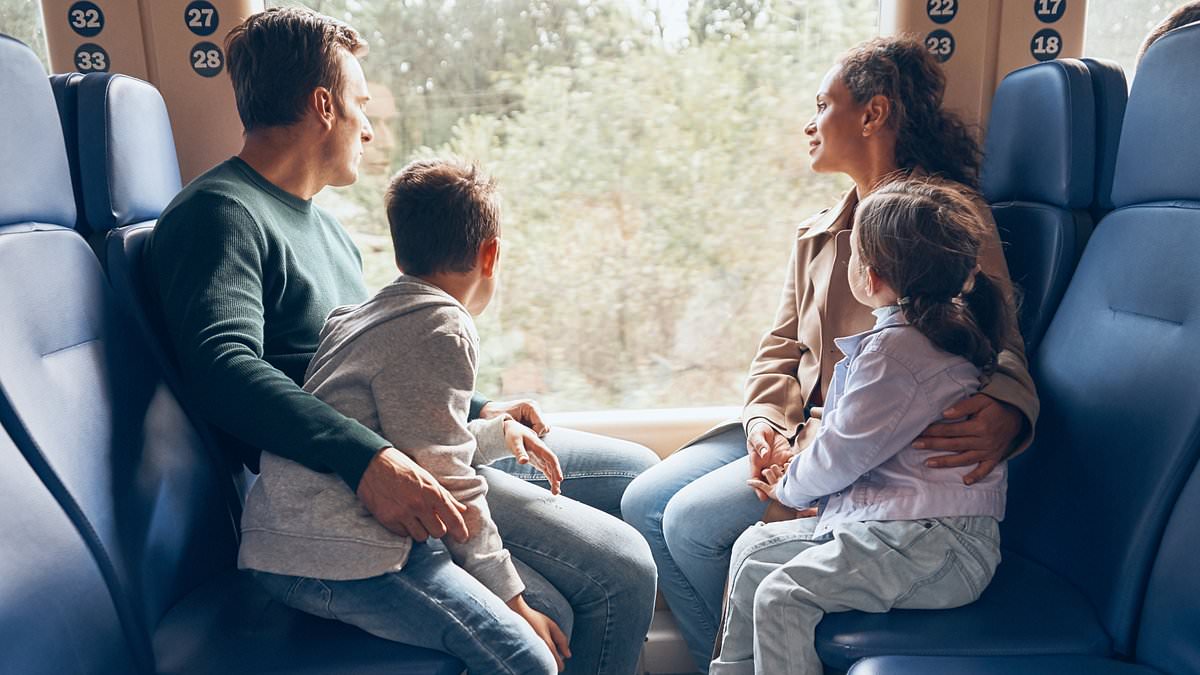If you’ve ever suspected your partner loves the children more than you, you’re probably right.
Scientists looked at brain activity when we experience feelings of affection, children elicit the strongest response.
They used MRI scans to identify areas activated by six different types of love including the emotion for close friends, pets, strangers in need and nature.
But the bond between a parent and child was the most potent and all-consuming, relegating romantic love into second place. As well as the strongest response, it activated most regions within the brain.
Researchers recruited 55 people, aged 28 to 53, who had at least one child and who were in a ‘loving couple relationship’.
Participants had their levels of brain activity measured as descriptions of love were read to them, including: ‘You see your newborn child for the first time. You feel love for the little one.’ Another one read: ‘Your child runs to you joyful on a sunny meadow. You smile together and the sunrays flicker on their face. You feel love for your child.’
Brain activity was influenced not only by how close you felt to the object of love, but also by whether it was human or not.
Researchers said love for strangers led to far less brain activity than for parental, romantic or friend love, which came third. Love of pets and nature also led to significantly lower activity than that directed towards humans. Parttyli Rinne, lead researcher from Aalto University, Finland, said: ‘In parental love, there was activation deep in the brain’s reward system in the striatum area while imagining love, and this was not seen for any other kind of love.’
It is hoped the findings in the Cerebral Cortex journal will help scientists to understand the neural mechanisms of love to enhance mental health care.
